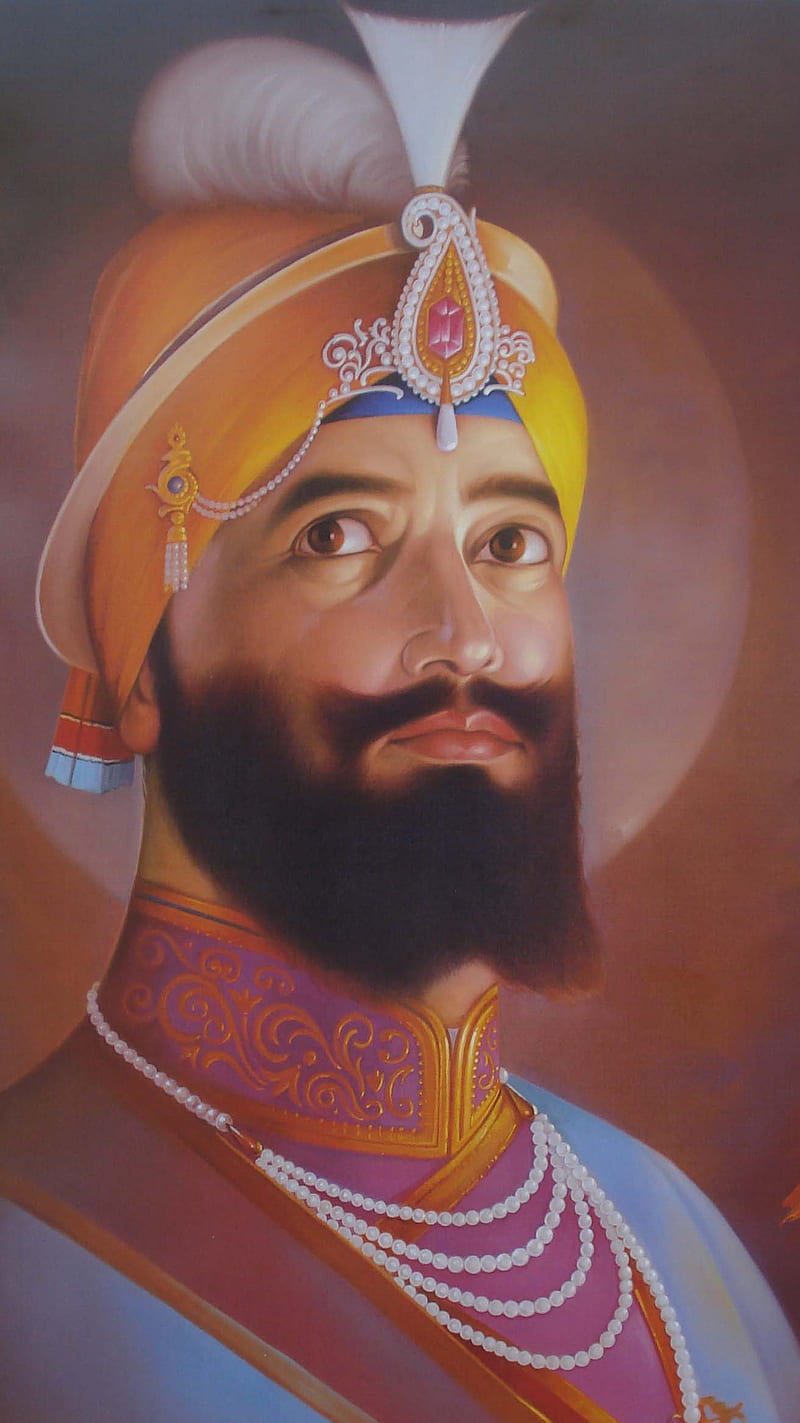

Threads of Courage : The Sikh Way of Life

Who Are the Sikhs?
Sikhism began in the late 15th century, when Guru Nanak Dev Ji revealed a vision of one formless, eternal Creator and a world where all people stand equal. From its birthplace in Punjab, Northern India, this monotheistic faith spread on the principles of compassion, honest work, and selfless service. Today, around 25 million Sikhs live worldwide—about 700,000 of them in the United States—easily recognized by the turban and unshorn hair that symbolize a commitment to dignity, justice, and courage.
Living with Purpose
At the heart of every Sikh’s daily life are three core practices that guide both personal growth and community well‑being:
- Naam Japna: Meditating on and remembering God’s name to keep the spirit centered in compassion.
- Kirat Karni: Earning an honest living and taking pride in ethical work—seeing every task as an opportunity to serve.
- Vand Chhakna: Sharing time, resources, and kindness with those in need, breaking down barriers of class or background.
By embracing these three pillars, Sikhs reject caste divisions and oppressive hierarchies, insisting that every person deserves respect and opportunity.

A Legacy of Service and Sacrifice
Sikh pioneers first arrived on North American shores in the late 1890s. They helped build railroads in Canada and labored in California’s farms, bringing not only sweat and skill but also values of community solidarity. Throughout history—in battles from World War I’s muddy trenches to efforts to end colonial oppression in India—Sikhs have repeatedly stood up for freedom and justice, often paying the ultimate price to protect others.
The Birth of the Khalsa
In 1699, Guru Gobind Singh Ji gathered tens of thousands at Anandpur Sahib and called for volunteers willing to give their lives for truth. Five devoted Sikhs stepped forward and were reborn as the first members of the Khalsa—the “Pure Ones.” From that moment, all initiated Sikhs bore five outward symbols (known as the Five Ks) to remind them of their inner vows:
- Kesh (uncut hair) – Accepting God’s natural gift.
- Kanga (wooden comb) – Maintaining cleanliness of body and mind.
- Kara (steel bracelet) – A circle of unity and strength.
- Kirpan (sword) – A pledge to stand against injustice.
- Kachera (short breeches) – A practice of self‑control and dignity.
By adopting the surnames Singh (“lion”) and Kaur (“princess”), Sikhs cast off caste labels and embraced a universal identity rooted in equality.

Gurdwaras: Hubs of Hospitality
Every gurdwara is more than a place of worship—it’s a living community center:
- Welcoming All: Visitors remove their shoes, cover their heads, and enter as equals—no special seats or ceremonies reserved for dignitaries.
- Langar (Community Kitchen): Here, everyone—from CEOs to students—eats the same simple meal side by side. Founded to erase caste distinctions, langar kitchens today still feed countless people, regardless of faith or background.
- Refuge and Solidarity: Gurdwaras historically offered shelter to the needy; today they carry on that legacy with food drives, disaster relief, and social programs.
Balancing the Material and the Spiritual
Sikhism teaches Miri‑Piri, the harmony of worldly engagement (Miri) with spiritual awareness (Piri). Rather than retreating from society, Sikhs build families, pursue careers, and contribute to the arts and sciences—all while keeping an inner focus on prayer, meditation, and community service. This holistic approach reveals the sacred in everyday life.
Equality in Action
From its very founding, Sikhism proclaimed the full equality of women and men. In worship, leadership, and all ceremonies, women stand shoulder‑to‑shoulder with men. There are no restrictions on participation—every voice can be heard. Sikhs also practice moderation: they avoid alcohol, tobacco, and any substance or action that harms the body or mind, while embracing a diet rooted in compassion and community.
A Message for Everyone
At its core, Sikhism honors universal truths shared across religions: kindness, service, and standing up for the vulnerable. Over five centuries, Sikhs have answered that call—from gurdwara kitchens nourishing the hungry to peacekeepers and activists championing human rights. Their story reminds us that true faith shines brightest through selfless deeds and unwavering respect for all.